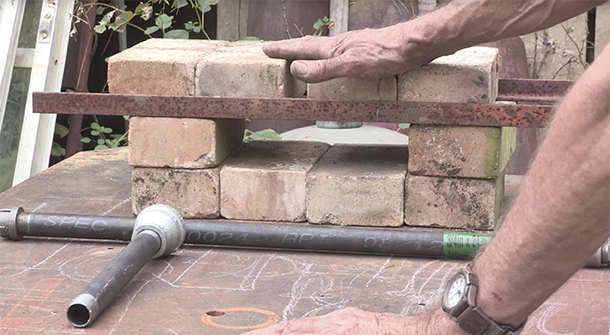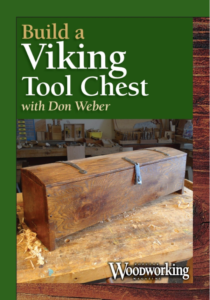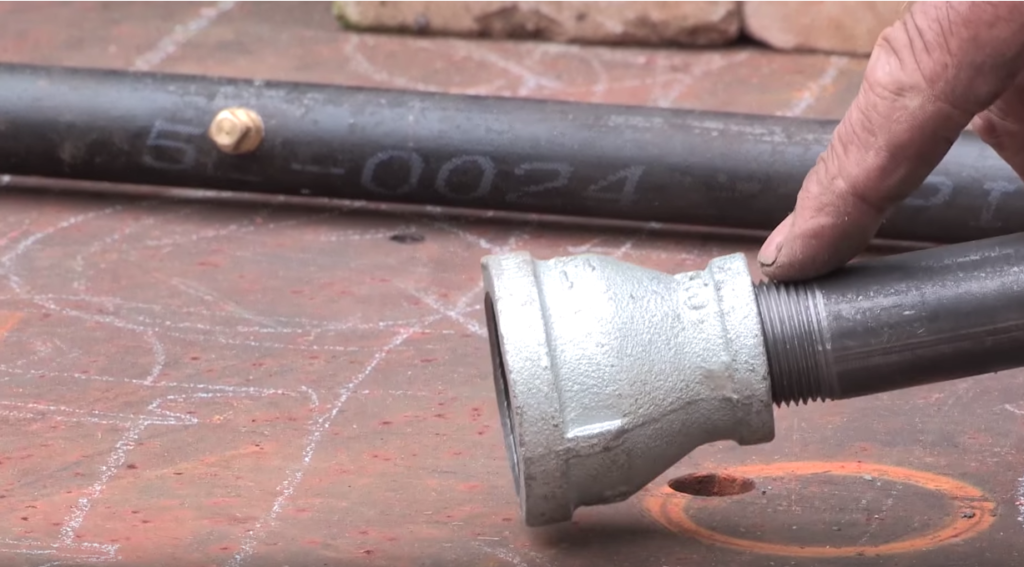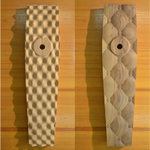We may receive a commission when you use our affiliate links. However, this does not impact our recommendations.

Use angle iron to support the top row of bricks.
What the heck? Why would I want a forge, I’m a woodworker! Ah, but I have had the pleasure of watching a forge in action (very cool, lots of fire and sparks!) for a number of video shoots creating tools and hardware – and it was fascinating! But I kept coming back to the issue that I don’t have a forge and it seemed like a rather large ask to make one. Not so! Don Weber to the rescue.
Propane (yes, just like you have hooked up to your grill) makes a fine source for a backyard forge. And before you raise all the other issues, the hardware to control the flame is available at any decent hardware store. Yes, you’ll need some basic plumbing skills, but it’s very doable. Even more fun to me was using simple fire bricks to make the structure of the forge!
So if you’re ready to try something new and expand your skill set, watch along as Don shows you how to set up your own backyard forge!
 Build a Viking Tool Chest with Don Weber
Build a Viking Tool Chest with Don Weber
In Build a Viking Tool Chest with Don Weber, you’ll ultimately learn how to make a wooden chest—one that’s both useful and a piece of history. This Viking tool chest tutorial shows how to reproduce a 1,000-year-old chest with traditional methods and tools that Viking builders would have used, providing you with an authentic building experience. Found in a Swedish bog, the original chest contained tools similar to those you’ll use to make your own version.
In Build a Viking Tool Chest you’ll discover how to:
- Surface lumber as the Vikings did
- Hand-cut through mortise-and-tenon joinery
- Make and use wooden pegs
- Hand-forge classic hardware
- And more!
About the instructor:
Don Weber is a bodger (chairmaker) specializing in Windsor and Welsh-style stick chairs. He’s also a teacher and blacksmith; his shop and home are in Paint Lick, Kentucky.
Here are some supplies and tools we find essential in our everyday work around the shop. We may receive a commission from sales referred by our links; however, we have carefully selected these products for their usefulness and quality.










